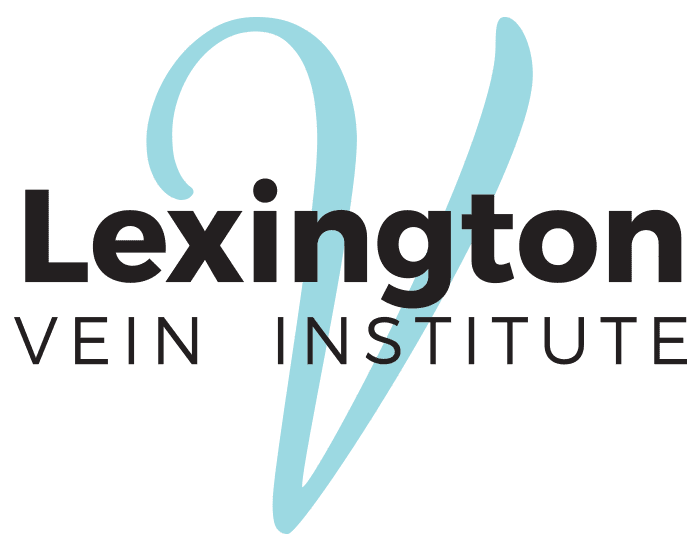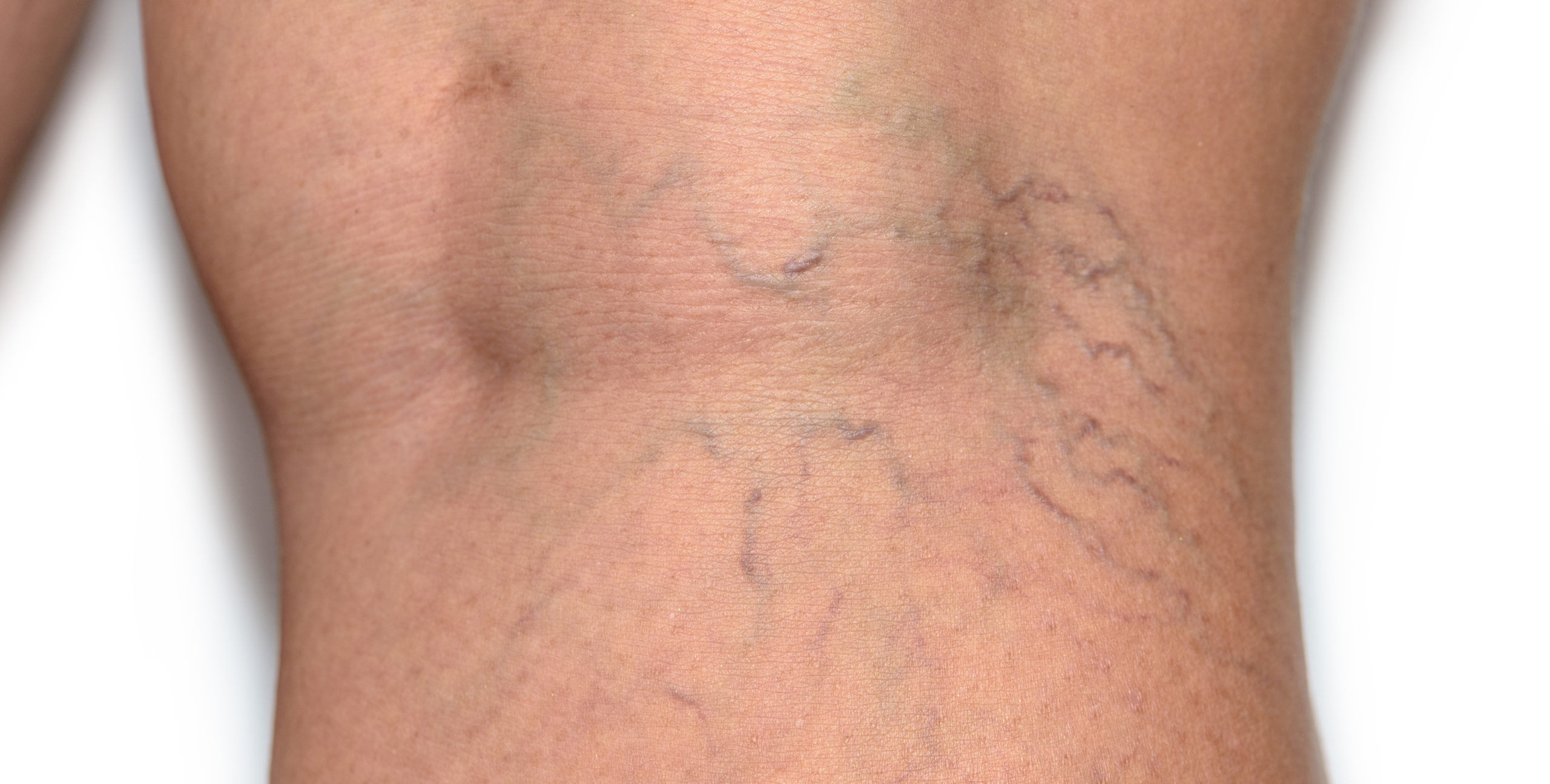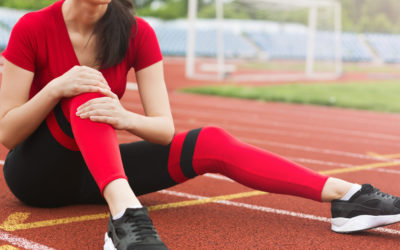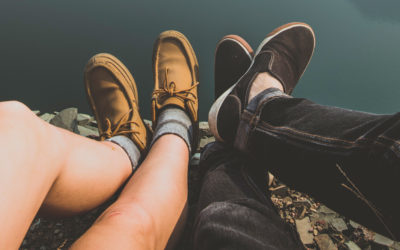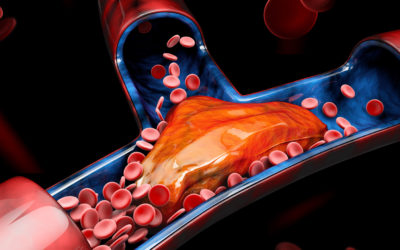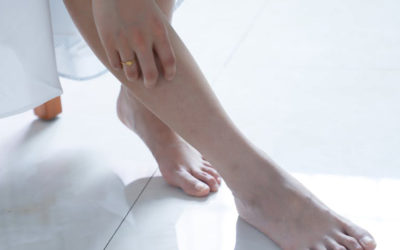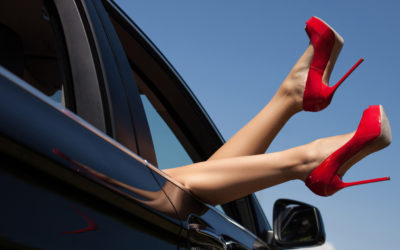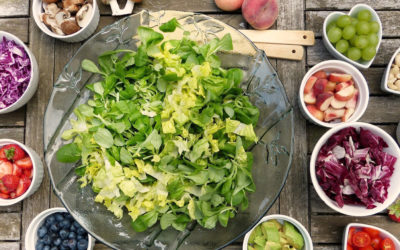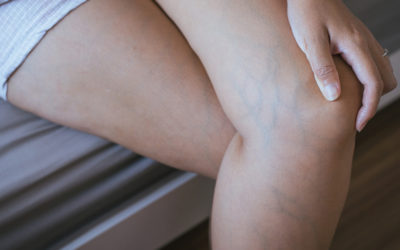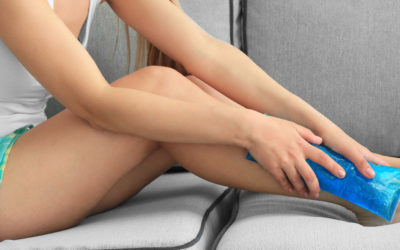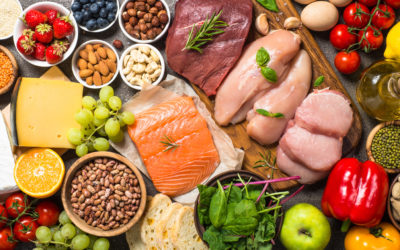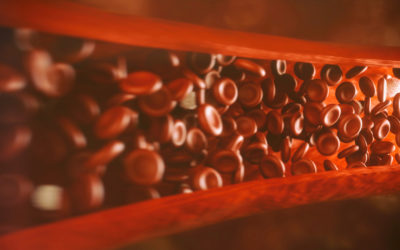Spider veins are small, damaged veins that appear on the surface of the legs or face. They can be purple, red, or blue. Spider veins usually appear as thin lines, webs, or branches, and sometimes people refer to them as thread veins. They are usually not painful or harmful, and they can be close to the surface of the skin. However, some people may wish to treat them for cosmetic reasons.
What Are Spider Veins Caused By?
Normally, spider veins occur when the one-way valves inside the veins stop working properly. The reason is that those one-way valves inside the veins are responsible for keeping the blood flowing in the correct direction. Therefore, if a valve weakens or becomes damaged, then the blood vessels may struggle to flow upward toward the heart, and it can begin to pool inside the vein. Over time, this can cause a bulge in the vein that will eventually branch out, causing spider veins in the legs.
The Use Of Birth Control Pills
Drugs that include the hormones estrogen and progesterone, such as birth control pills or postmenopausal hormone therapy, can increase the possibility of developing spider veins. Female hormones weaken the vein wall—when you’re on birth control pills your levels of estrogen or progestin are increased, which may cause some spider veins.
A History of Blood Clots
Spider veins can serve as an early warning sign of restricted blood flow issues, like pooling and clotting. Clots are extremely hazardous to the body and can reach the heart, lungs, and brain.
Pregnancy can cause spider veins
While pregnant, the women’s body goes through several physical and hormonal changes. Typically, most of those changes are temporary and go away after pregnancy. However, those new spider veins might not. Pregnancy increases the possibility of causing spider veins because as the baby grows, the uterus puts increased pressure on the veins. Hormonal changes, on the other hand, can also cause the walls of the veins to relax. These factors can combine to cause the one-way valve in one or more veins to stop working properly. As a result, blood that should return to the heart pools and stagnates instead. The result causes spider veins.
Your Job
If your job requires you to be sitting or standing for long periods of time, you may want to consider the possibility of spider veins and varicose veins forming on your legs. The reason is that the blood in your veins must fight gravity to return to your heart. Therefore, standing on your feet for a long period of time, especially in one place, will make it harder for the blood to flow back up through the body.
Weight Problems
Being overweight puts added pressure on the entire body, including veins. The added pressure on the veins might cause them to enlarge and damage the valves that keep blood flowing toward the heart. Therefore, people with weight problems should consider exercising regularly, otherwise, they may end up having circulation problems and making spider veins even worse.
The good news is that Lexington Vein Institute, located in Lexington, KY, offers many treatment options. Our treatments are minimally invasive, in-office procedures that usually last about 30 minutes. Whether you are thinking about treating your spider veins with sclerotherapy, or endovenous laser therapy, make sure to contact our office to schedule an appointment today.
